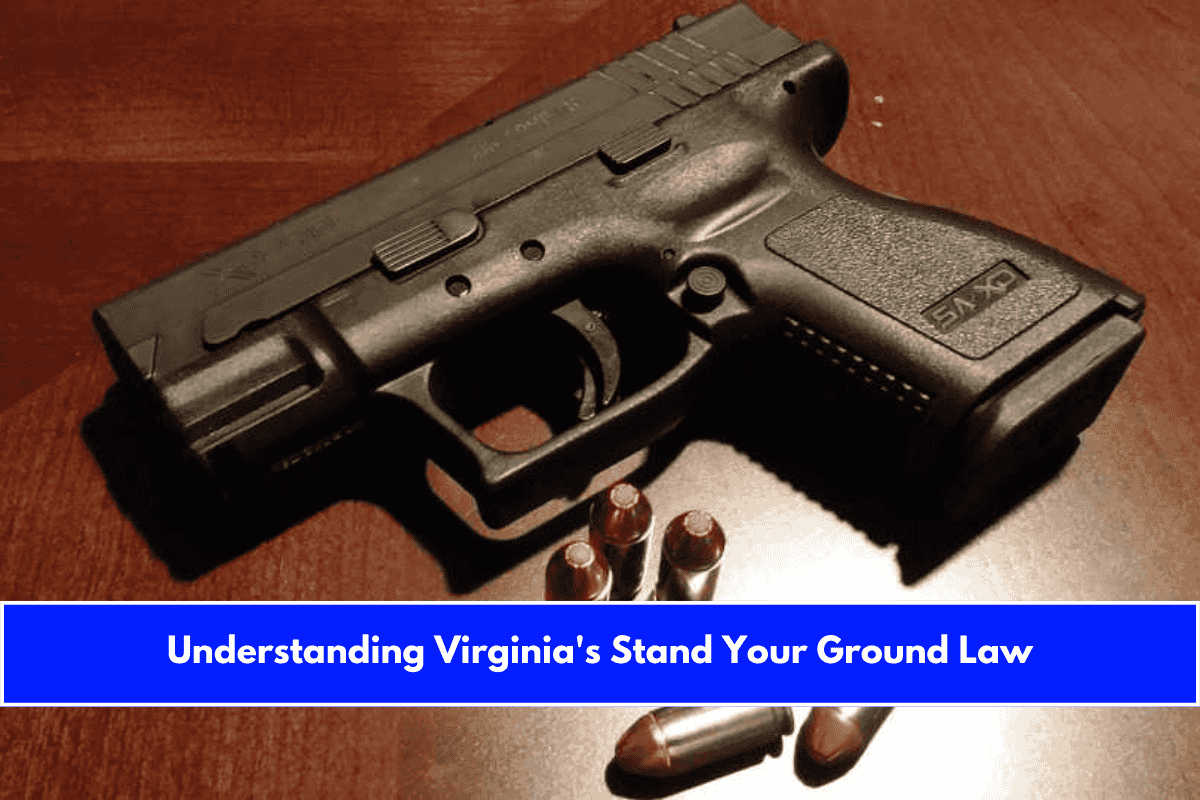Virginia’s approach to self-defense, often described as a “stand your ground” or “no duty to retreat” doctrine, is rooted in court decisions rather than a specific statute. Here’s what you need to know about how these laws work in Virginia:
No Duty to Retreat: The Core Principle
- No Statutory Stand Your Ground Law: Virginia does not have a stand-your-ground law codified in its statutes. Instead, the principle is established through common law—legal precedents set by the courts.
- No Duty to Retreat in Most Cases: If you are attacked without provocation and are not the initial aggressor, you are not legally required to retreat before using reasonable force—including deadly force—to defend yourself.
When Is Force Justified?
To lawfully use force in self-defense in Virginia, these conditions must be met:
- Non-Aggressor: You must not have provoked or initiated the confrontation.
- Reasonable Belief: You must reasonably believe that the force is necessary to protect yourself (or another innocent person) from imminent unlawful force, serious bodily harm, or death.
- Imminence: The threat must be immediate—force cannot be used for past or future threats.
If you were the initial aggressor, you must attempt to retreat and clearly communicate your intention to withdraw before you can lawfully use force in self-defense.
Scope of the Law
- Applies in Public and Private: The right to stand your ground applies anywhere you are lawfully present—your home, yard, workplace, or public spaces.
- Castle Doctrine: While not codified, Virginia courts also recognize a version of the castle doctrine, allowing for the use of deadly force against someone unlawfully entering your home under certain circumstances.
Limits and Important Caveats
- Reasonableness: The amount of force used must be proportional to the threat. Deadly force is only justified if you reasonably fear imminent death or serious bodily harm.
- No Protection for Aggressors: If you started the conflict or were otherwise at fault, you cannot claim stand-your-ground protection unless you first retreat and indicate you do not wish to fight.
- No Retaliation: Stand your ground cannot be used as a defense for retaliatory violence or in response to minor crimes that do not pose a threat of injury.
Summary Table: Virginia Stand Your Ground Law
| Situation | Duty to Retreat? | Use of Force Allowed? |
|---|---|---|
| Attacked without provocation | No | Yes, if reasonable and necessary |
| You are the initial aggressor | Yes | Only after retreating and signaling intent |
| In your home (castle doctrine) | No | Yes, under certain circumstances |
| Minor property crime, no threat | N/A | No deadly force; not justified |
Virginia’s stand-your-ground doctrine means you do not have to retreat before using reasonable force to defend yourself, as long as you are not the aggressor and you reasonably believe you are in imminent danger.
However, the law is nuanced and context-specific, relying heavily on court precedent rather than clear statutory language. If you are involved in a self-defense incident, legal counsel is strongly recommended to navigate these complexities.
Sources:
- https://www.tmwilsonlaw.com/criminal-law/self-defense
- https://www.wbymlaw.com/understanding-stand-your-ground-laws-and-brandishing-weapons/
- https://www.britannica.com/topic/stand-your-ground-laws
- https://en.wikipedia.org/wiki/Stand-your-ground_law
- https://www.tkevinwilsonlawyer.com/library/how-self-defense-laws-in-virginia-can-help-in-your-defense.cfm











Leave a Reply